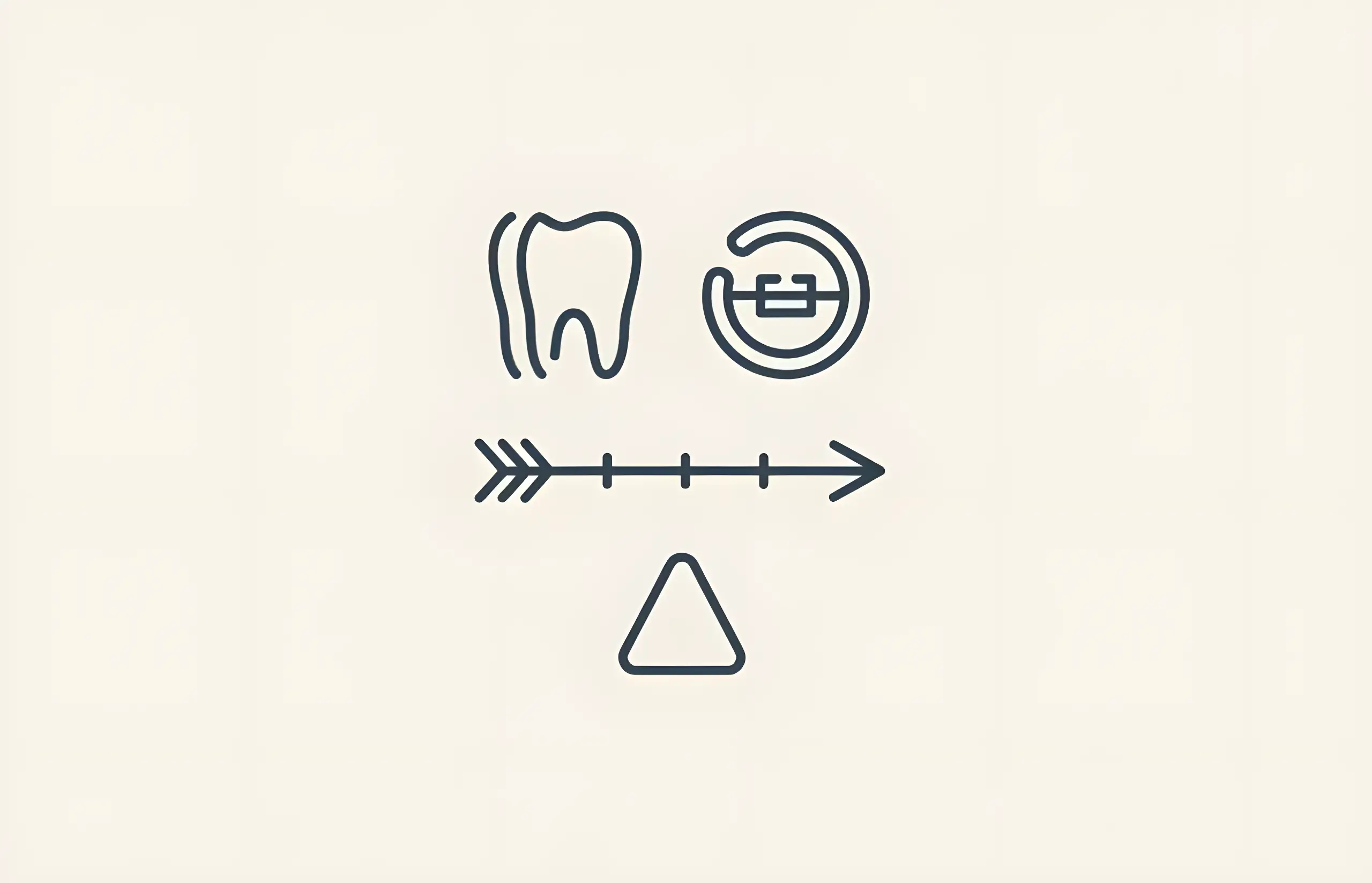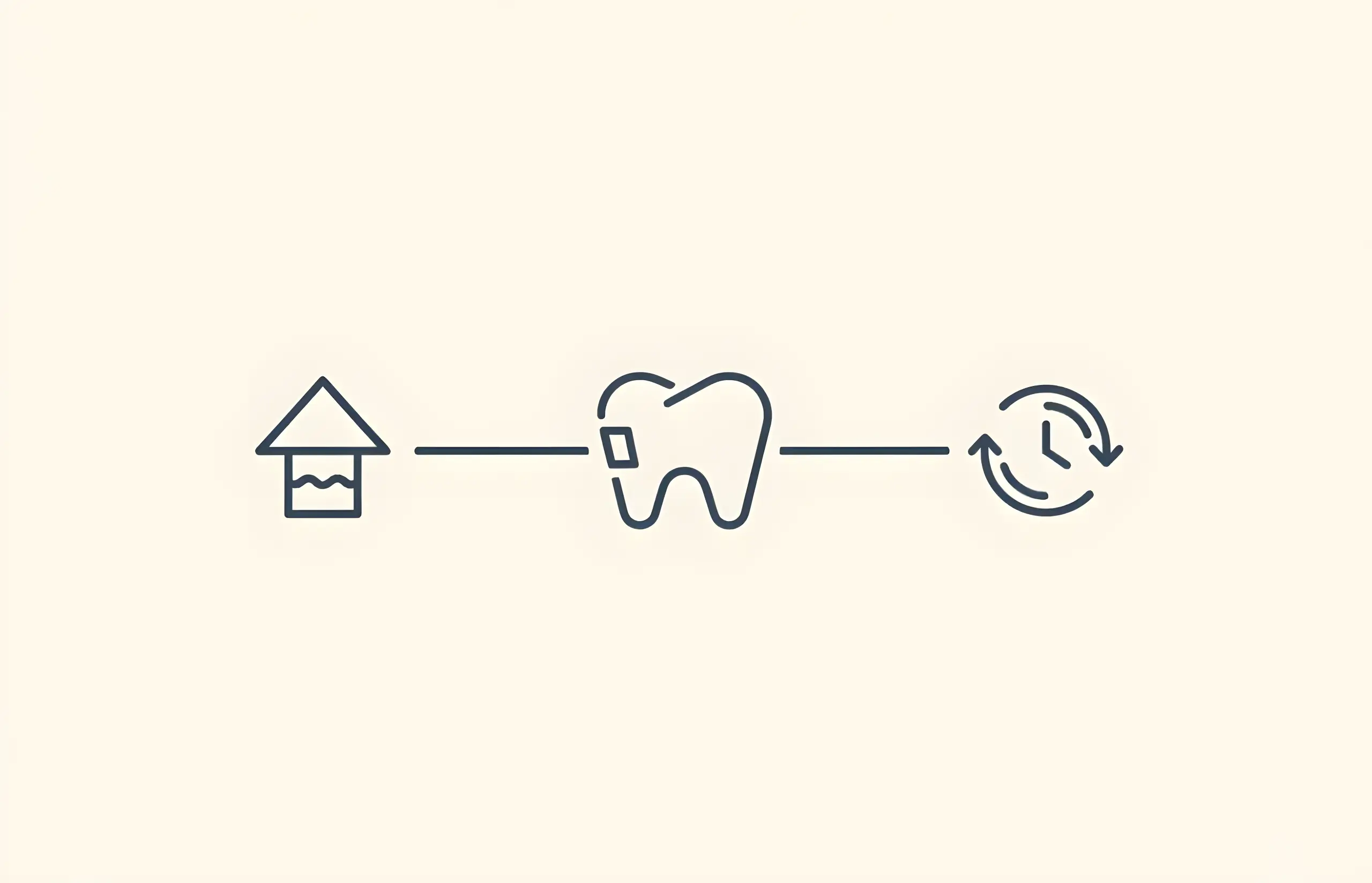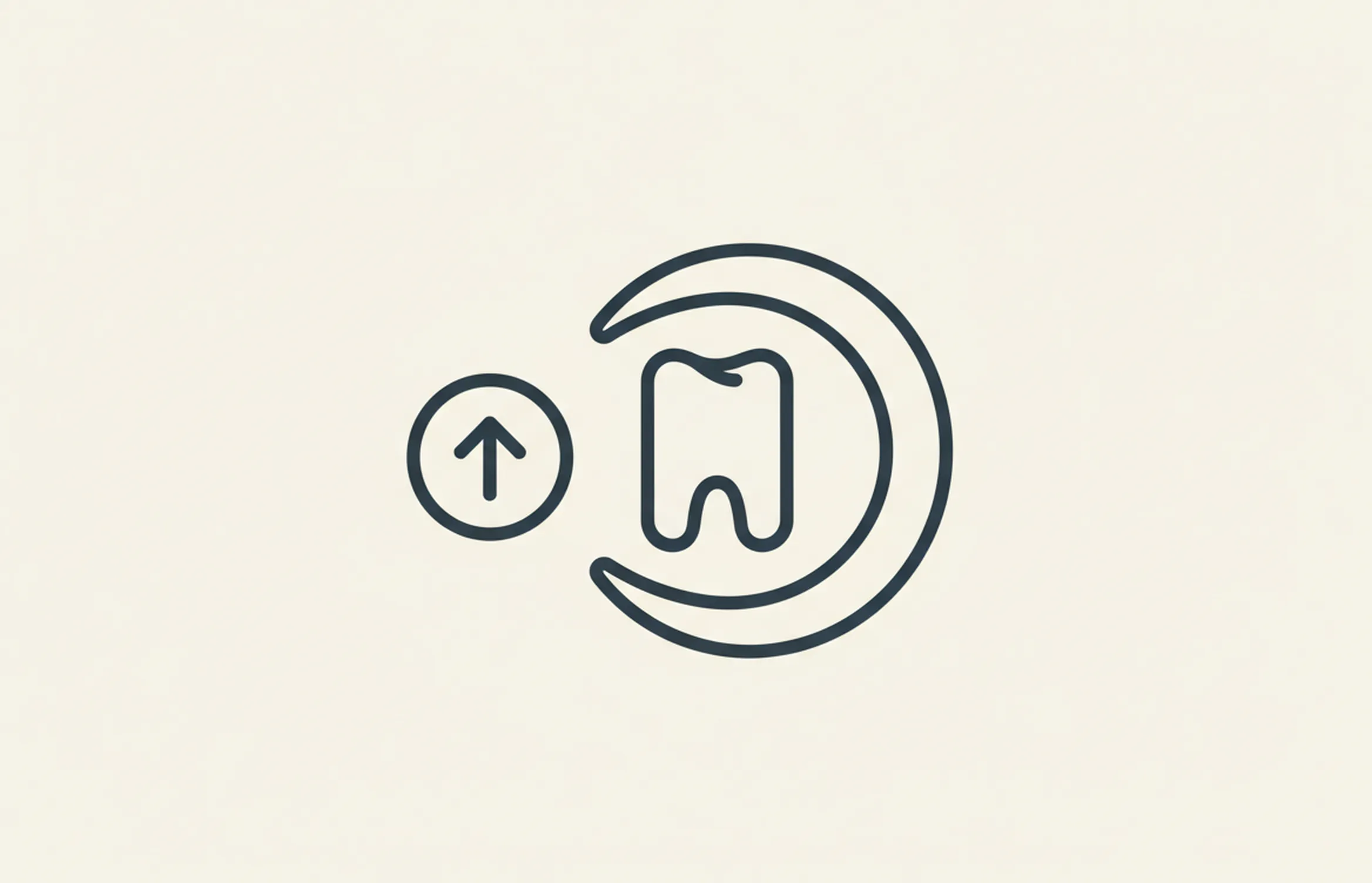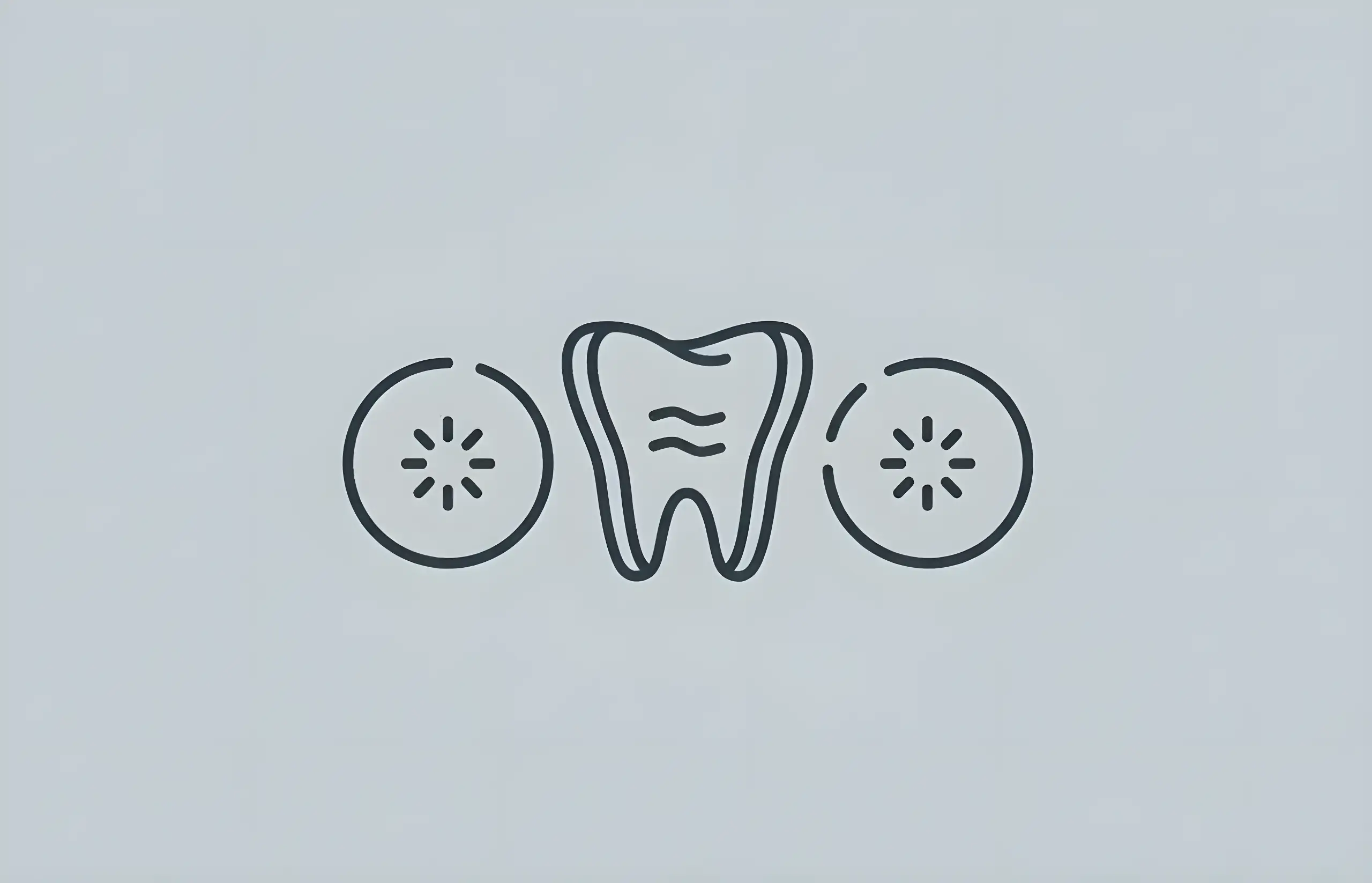Veneers are an increasingly popular choice for cosmetic and medical procedures, but are veneers covered by dental insurance? Here's what you should know about this topic and other dental procedures that could be covered.
Does Dental Insurance Cover Veneers?
So, are veneers covered by dental insurance? Like most topics involving insurance, the answer is "that depends on your coverage". There are two major things to consider here.
First, most insurance plans cover medically necessary procedures. In general, medical treatments are those used to diagnose or treat a medical condition. For example, most locations do not consider overbites to be medical conditions, even though they are dental conditions.
Even if a dental insurance plan doesn't cover a medical procedure, other insurance plans usually will.
Second, veneers are generally cosmetic. This is why dental insurance doesn't typically cover them. If you only want them to whiten your smile or fix slightly crooked teeth, that's not enough to satisfy the insurance companies, and they'll ask you to pay for it yourself.
The good news is that dental veneers are relatively affordable even without insurance. Depending on your provider, veneers could cost as little as a few hundred dollars per tooth. Most dentists accept various payment plans, so you can pay off your procedure in instalments rather than all at once.
So, are veneers covered by dental insurance under your plan? The best way to find out is to contact your insurance provider. Some higher-quality plans do include cosmetic procedures, so you should check with your insurance provider instead of making any assumptions.
Procedures That Are Covered By Insurance
Veneers usually aren't covered by insurance, but here are some standard options that most plans include.
Basic Restorative Care
These procedures are the heart of all good dental insurance plans. Basic restorative care includes things like extractions, fillings, and some non-routine X-rays. In this context, non-routine checks include things like getting your teeth checked after a severe impact on your mouth, rather than annual screenings.
Major Restorative Care
Major restorative care includes more extensive procedures like crowns, bridges, or dentures. These procedures either replace teeth in their entirety or involve making significant alterations.
Some procedures require grinding down one tooth to help solve a problem in another area. For example, creating a bridge usually requires grinding down at least two other teeth to hold the bridge itself. Your dentist may evaluate the status of your other teeth when choosing which procedures to recommend.
Orthodontic Treatments
Orthodontic treatments mainly focus on aligning your teeth and keeping them in the right position. This coverage could include retainers, braces, spacers, and other devices that dentists or orthodontists typically use.
Major Surgery
Most people do not need major surgical procedures for dental work. In this context, extracting a tooth and placing an implant is not considered a major procedure. However, jaw surgery to correct an underbite is a major procedure, as are things like reconstructive surgery after an accident.
Major surgeries are usually medically necessary, rather than cosmetic, so insurance plans will cover them.
Sources and References
-
[1]
Survival Rates for Porcelain Laminate Veneers: A Systematic ReviewEuropean Journal of Dentistryhttps://pubmed.ncbi.nlm.nih.gov/33003243/
-
[2]
Long-Term Survival and Complication Rates of Porcelain Laminate Veneers in Clinical Studies: A Systematic ReviewJournal of Clinical Medicinehttps://pmc.ncbi.nlm.nih.gov/articles/PMC7961608/
-
[3]
The Success of Dental Veneers According To Preparation Design and Material TypeOpen Access Macedonian Journal of Medical Scienceshttps://pmc.ncbi.nlm.nih.gov/articles/PMC6311473/
- [4]
All sources accessed and verified on . Medical information reviewed for accuracy and compliance with current guidelines.
Related Articles

Alternatives to Veneers
Comprehensive guide to cosmetic dentistry alternatives to veneers, including teeth whitening, microabrasion, orthodontics, tooth recontouring, and dental bonding

Are Dental Veneers Safe?
Comprehensive guide to dental veneer safety, including risks, complications, success rates, and important considerations for this popular cosmetic procedure

Are Veneers Bad for Your Teeth?
Comprehensive guide to how veneers affect your teeth, including enamel removal, long-term effects, proper placement, and important considerations

How Much Do Composite Veneers Cost?
A comprehensive guide to composite veneer costs, comparing prices with porcelain veneers and understanding what affects the price

Composite Veneers vs Porcelain Veneers
Comprehensive comparison of composite and porcelain veneers including costs, longevity, aesthetic results, treatment procedures, and which option is best for your smile transformation

How Much Do Dental Veneers Cost in the UK?
Comprehensive guide to dental veneers including history, materials (composite, porcelain, lithium disilicate), treatment process, costs (£200-£1000 per tooth), longevity, care instructions, and cost factors

Do Veneers Fall Off?
Comprehensive guide to veneer longevity including survival rates, causes of debonding and failure, composite vs porcelain durability, prevention strategies, and how to protect your veneers

How Long Do Veneers Last?
Comprehensive guide to veneer longevity including survival rates, replacement considerations, irreversible enamel removal, color stability issues, and alternative restoration options

How Long Does It Take To Get Dental Veneers Fitted?
Complete Timeline Guide (3-4 Weeks Total, 94.4% Survival at 5 Years, 93.5% at 10 Years)

How Old Do You Have To Be To Get Veneers?
Comprehensive guide to age requirements for dental veneers, tooth development considerations, adolescent veneers, enamel bonding requirements, and factors affecting veneer candidacy

Do Porcelain Veneers Stain?
Comprehensive guide to porcelain veneers staining resistance, marginal discoloration (most common complication), color stability compared to composite, beverage effects (Coca-Cola worst, coffee second), surface roughness impact, and prevention strategies

The Pros and Cons of Veneers
Learn about the advantages and disadvantages of porcelain veneers including improved appearance, durability, stain resistance, cost, maintenance, and who is a suitable candidate

Sensitive Teeth After Veneers
Understanding causes, treatment options, and what to expect when experiencing tooth sensitivity after veneer placement

Different Types of Veneers
Comprehensive guide to veneer types including porcelain, composite, instant, and removable veneers with survival rates, costs, pros and cons, and how to choose the right option

Veneers For Front Teeth Gap
How porcelain veneers can effectively close diastema and improve your smile with a permanent, natural-looking solution

Veneers For Underbite Correction
Learn about using veneers for underbite correction including what underbites are, how veneers can help in mild cases, possible problems, and alternative treatment options

Can You Get Veneers With Crooked Teeth?
Comprehensive guide to using veneers for crooked teeth, including when they work, limitations, material options, and alternative orthodontic treatments

Can You Get Veneers With Missing Teeth?
Complete guide to veneers and missing teeth including why veneers cannot replace missing teeth, treatment limitations, and effective tooth replacement options
About The Dental Guide
The Dental Guide is a trusted online resource providing evidence-based information about dental health, treatments, and procedures. Our content is created and reviewed by qualified dental professionals to help you make informed decisions about your oral health.
Our Mission
- Evidence-based dental information
- Expert-reviewed content
- Clear, accessible explanations
- Latest treatment options
- Patient-focused guidance
Editorial Standards
- GDC-registered dental professionals
- Peer-reviewed sources
- Regular content updates
- Medical accuracy verification
- Transparent authorship
Important Notice
The information on The Dental Guide is for educational purposes only and should not replace professional dental advice. Always consult with a qualified dentist for diagnosis and treatment recommendations tailored to your individual needs and circumstances.
Medically Reviewed
Reviewed by Dr. Nasim Mechoui , BDS (Bristol)
Share this article
Comments & Discussion
Have questions about dental implants? Share your thoughts or experiences.
